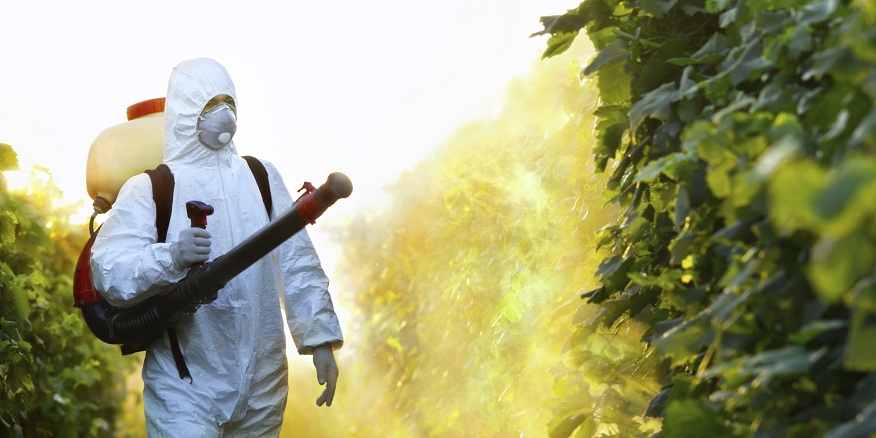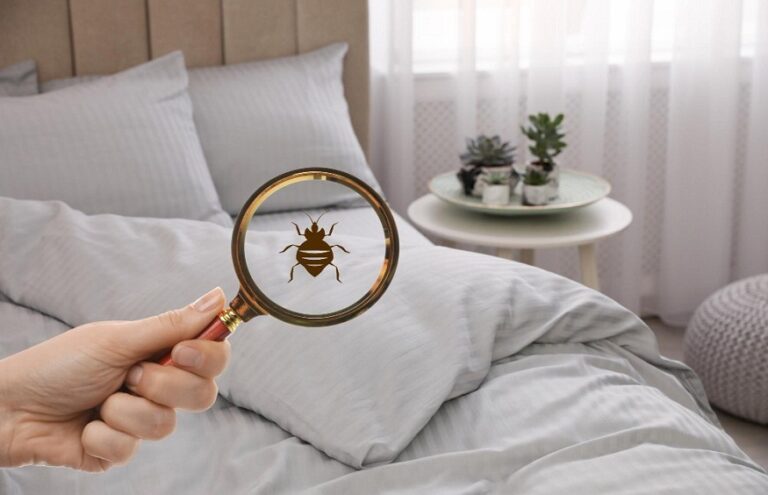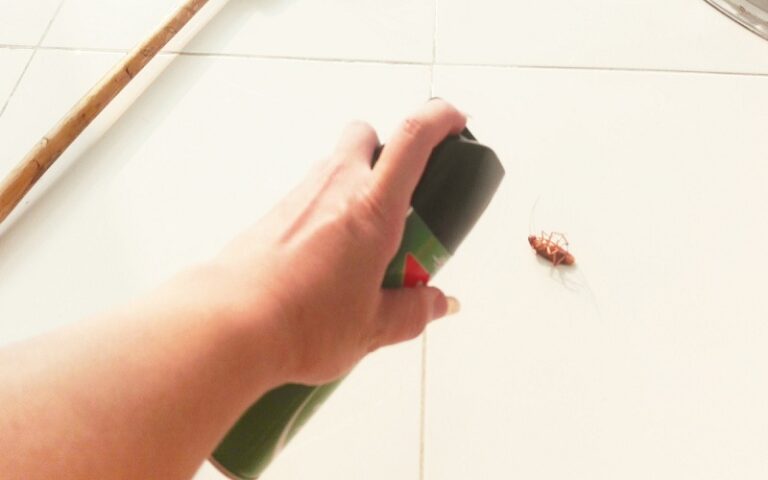Are you tired of battling pesky pests that invade your home or garden? If so, you’re not alone. Dealing with unwanted insects and critters can be a frustrating and seemingly never-ending task. Fortunately, there are two main approaches to pest control: natural and chemical methods.
In this blog post, we will explore the pros and cons of both natural and chemical pest control methods. By weighing these factors, you can make an informed decision about which approach is best for you and your specific pest problem.
So whether you prefer harnessing the power of nature or relying on synthetic solutions, keep reading to discover the advantages and drawbacks of each method. Let’s dive in!
Natural Vs Chemical Pest Control
When it comes to natural pest control, proponents argue that it is a safer and environmentally friendly option. Natural methods typically utilize organic substances like neem oil, diatomaceous earth, or even homemade concoctions using ingredients from your pantry. These remedies often do not pose any harm to humans, pets, or beneficial insects such as bees and butterflies.
One of the key advantages of natural pest control is its ability to target specific pests without causing widespread damage. For instance, introducing ladybugs into your garden can help control aphids naturally without harming other plants or animals in the ecosystem. Additionally, natural methods are generally sustainable and have a lower risk of developing resistant strains of pests over time.
On the other hand, chemical pest control products offer fast-acting solutions that can eliminate infestations quickly. These products often contain synthetic chemicals that are designed to disrupt the nervous systems of pests, leading to their demise within hours or days.
Pros of Chemical Pest Control
Chemical pest control has its fair share of advantages when it comes to keeping unwanted pests at bay. One major benefit is its effectiveness in quickly eliminating pests and preventing further infestation. Chemical pesticides are specifically formulated to target and eradicate specific types of pests, ensuring a more targeted approach compared to natural alternatives.
Another advantage of chemical pest control is its convenience and ease of use. These products are readily available in stores, making them accessible for homeowners or property managers who need immediate solutions. Additionally, many chemical pesticides have a longer shelf life, allowing for extended protection against pests.
The pros of chemical pest control lie in its efficiency and convenience. While there may be concerns about potential harm to the environment or health risks associated with their use, when used responsibly according to instructions provided by manufacturers, chemical pesticides can be an effective tool in managing pest problems. However, it’s important to weigh these benefits against the potential drawbacks before deciding on the best approach for your specific situation.
Cons of Chemical Pest Control
Chemical pest control may seem like an easy solution to eliminate pests, but it comes with its fair share of drawbacks. One major concern is the potential harm it can cause to our environment. Chemical pesticides often contain harmful toxins that can contaminate soil, water sources, and even air quality. This not only affects the targeted pests but also poses a risk to other animals, beneficial insects, and plants in the ecosystem.
Another downside of chemical pest control is the possibility of developing resistance among pests over time. Just like antibiotics can become less effective against bacteria due to overuse, constant exposure to chemical pesticides can lead to pesticide-resistant pests. This means that stronger chemicals or higher doses will be required in order to achieve the same level of effectiveness, leading to a vicious cycle that is harmful both to humans and nature.
In addition, chemical pest control methods are often not selective in their targets and may kill or harm non-target organisms such as bees, butterflies and birds that play crucial roles in pollination or natural pest control itself. The toxic residues left behind by these chemicals on crops also raise concerns about food safety for human consumption.
Pros of Biological Pest Control
Biological pest control, also known as natural pest control, offers several advantages in the battle against pests. It is an environmentally friendly method that doesn’t rely on harsh chemicals or toxins. Instead, it uses naturally occurring organisms such as predators, parasites, and pathogens to target specific pests.
Additionally, biological control can be a long-term solution to pest problems. By introducing natural enemies of pests into the ecosystem, a balance can be achieved where these predators keep the population of pests in check. This reduces the need for constant intervention and minimizes the risk of resistance development by pests over time.
Biological pest control provides a sustainable approach that works with nature rather than against it. It promotes biodiversity and helps maintain ecological equilibrium while effectively controlling insect populations without harming beneficial organisms or polluting our environment.
Cons of Biological Pest Control
Biological pest control, while often touted as a natural and eco-friendly alternative to chemical solutions, does come with its own set of drawbacks. One major concern is the unpredictability of results. Since biological control relies on introducing predators or parasites into the ecosystem, there is no guarantee that these organisms will effectively eliminate the targeted pests. In some cases, they may even fail to establish themselves or become invasive species themselves.
Another drawback of biological control is its time-consuming nature. It can take several seasons for the introduced organisms to build up their populations and achieve effective pest control levels. This can be frustrating for homeowners or farmers who are looking for quick solutions to their pest problems.
While biological pest control has its merits in terms of being environmentally friendly and sustainable in the long run, it’s important to consider these potential downsides before relying solely on this approach for pest management.
Conclusion
As we have seen, natural and chemical pest control methods both have their pros and cons. While natural methods may be safer for the environment and human health, they may not always be as effective or readily available. On the other hand, chemical methods may provide fast results but can also pose a threat to non-target organisms. Ultimately, it is important to carefully consider your options and choose the method that best fits your personal values and situation. By taking steps towards responsible pest management, we can protect our homes while also preserving our planet’s delicate ecosystem.












+ There are no comments
Add yours